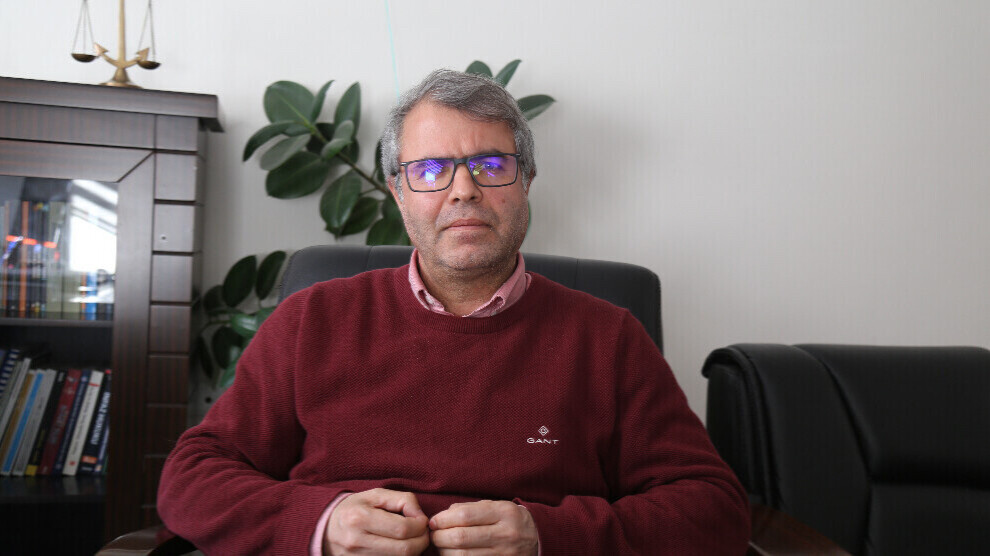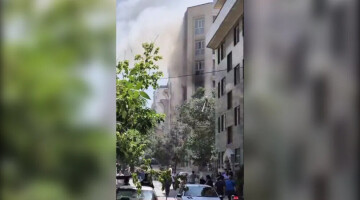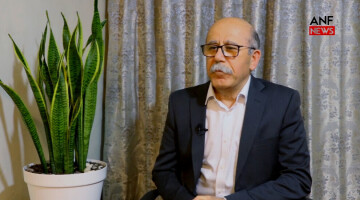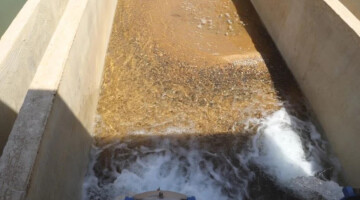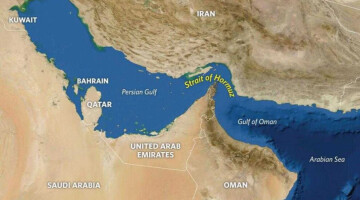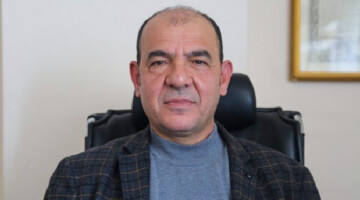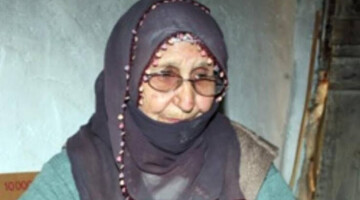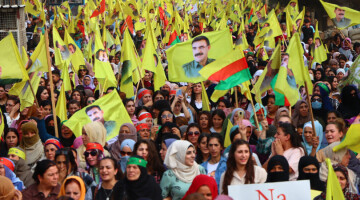In an interview with ANF, DBP (Democratic Regions Party) Van Provincial Co-Chair Lawyer Cemal Demir assessed Abdullah Öcalan’s February 27 ‘Call for Peace and Democratic Society’, the PKK’s disarmament, the political outcomes of this development in Turkey, and the legal regulations that need to be made for the process to move forward.
Cemal Demir pointed out that the Kurdish question has a history spanning more than two centuries and stated the following:
“With the establishment of the republican regime, the Kurdish question has become one of Turkey’s most fundamental democratic problems due to its chronic and aggravating nature. At this point, the democratic resolution of this historical problem is not only a necessity but also an urgent obligation.
The armed struggle led by the PKK over the past fifty years has entered a new phase with Abdullah Öcalan's ‘Call for Peace and a Democratic Society’ on February 27, 2025. This call not only marked the beginning of a period of disarmament but also opened the way for new methods, democratic tools, and the strengthening of the political ground in the Kurdish people's struggle for freedom.
'The PKK's self-dissolution is important in both political and legal terms'
The PKK's self-dissolution marks a historic and significant development in that it has ended its armed struggle and dismantled its military structure. This development is extremely important in both political and legal terms. After this stage, the legal and political groundwork has largely been laid for the emergence of democratic politics.
However, for this process to progress healthily, the conditions for communication and negotiation of Mr. Öcalan, one of the key actors in the solution, must be improved immediately. It is now indispensable, both legally and politically, that he be allowed to work under freer conditions."
Pointing out that the parliament is the place where the solution will be discussed and decided, Demir continued:
'Conducting conflict and negotiations simultaneously is eroding trust among the people'
"The political authorities and the state as a whole bear the greatest responsibility for resolving the Kurdish question. The state's continued framing of the issue as a “security problem” is the biggest obstacle to the resolution process. Military operations carried out simultaneously with peaceful steps are seriously undermining public confidence and the state's credibility. Conducting conflict and negotiations simultaneously is eroding trust among the people.
For this reason, it is essential that the state, together with all its institutions, participate in the process in an open, consistent, and constructive manner. Peace must not only be expressed in words, but also translated into policy.
'Constitutional and legal amendments are needed'
A constitutional amendment based on a new social contract that will ensure the equal and free coexistence of peoples is now inevitable. However, before taking this step, legal regulations that will strengthen social trust are needed. In particular, it is imperative to make humane provisions in the penal code regarding ill prisoners.
In addition, amendments to the Anti-Terrorism Law and the Turkish Penal Code are essential for strengthening democratic politics. In this context, the 10th Judicial Package, which had raised high expectations, has shaken public confidence in peace and the resolution process by remaining silent on the issues of ill prisoners and the dual penalty regime.
This situation has increased criticism that the parliament is being pushed into a position that will hinder rather than promote peace. The fact that the European Court of Human Rights' 2014 ruling on the “right to hope” has still not been implemented casts a serious shadow over the rule of law. Despite repeated warnings from the Council of Europe, the failure to implement this decision is inconsistent with Turkey's international obligations."
'Rojava model should be taken as an example to prevent crises and wars in the Middle East'
Finally, Cemal Demir assessed the war between Iran and Israel, stating that this war did not develop in favor of rights and that the Rojava model of governance should be taken as an example to prevent crises and wars in the Middle East. The Kurdish politician stated:
“Today, the world is facing a major economic, political, and social crisis. Oppressive regimes based on one-man rule are being shaken in the Middle East, and new political structures based on peoples, beliefs, and sects are emerging. Borders drawn with a ruler a century ago are being questioned, and peoples are rapidly seeking new models of coexistence.
'The decision lies in the hands of the government, the parliament, and the people'
The administrative model implemented in Rojava has become a source of hope for a solution in this chaotic process. The Israel-Iran war must also be interpreted in this context. Turkey can remain outside this wave by democratizing, resolving the Kurdish issue, and implementing legal reforms. The democratic solution perspective presented by Mr. Abdullah Öcalan is the key to the peaceful coexistence not only of the Kurdish people but of all the peoples of Turkey. Remaining indifferent to this call will only delay the solution and deepen social wounds.
Today, we have reached a historic turning point. Either bold steps will be taken to make peace a reality, or the current crisis will deepen. The decision lies in the hands of the government, the parliament, and the people.”

